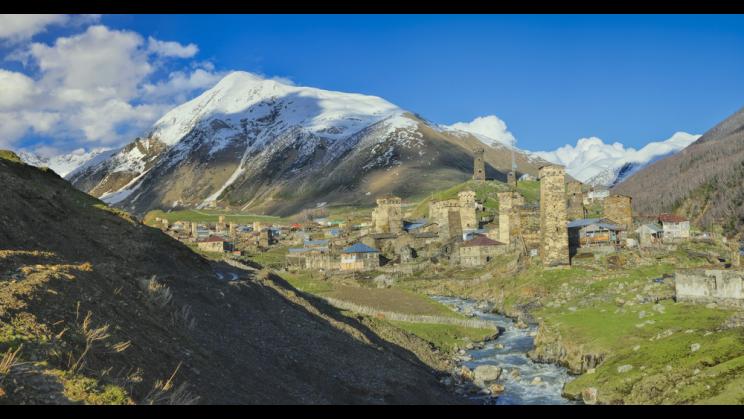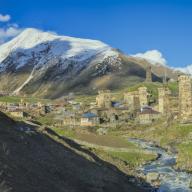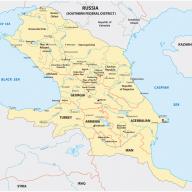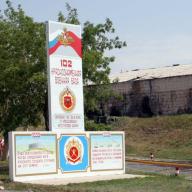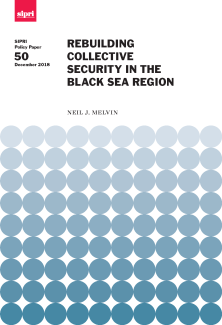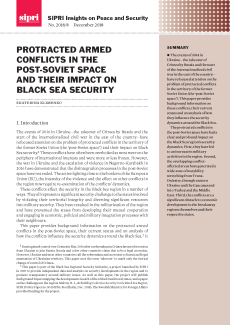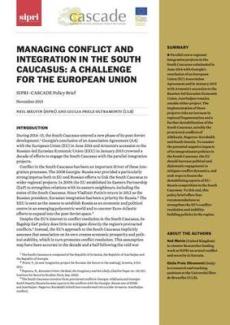Conflict and peacebuilding in the Caucasus
Located on the edge of Europe, the Caucasus has emerged as one of the most important regions for peace and security in Eurasia. The Caucasus contains a set of protracted conflicts (Abkhazia and South Ossetia in Georgia, Nagorno-Karabakh in Azerbaijan and the ongoing instability in Russia’s North Caucasus) which threaten regional stability and risk overspill beyond the region. High levels of military spending and of mutual hostility between countries of the region (Russia-Georgia, Armenia-Azerbaijan) as a result of the protracted conflicts means that the Caucasus is a heavily militarized region.
In recent years, growing engagement by leading international powers in the Caucasus (Russia, the EU, the United States and Turkey) has led to mutual suspicions and even confrontation in the region, notably the Russia-Georgia war of 2008. The atmosphere of geopolitical rivalry in the Caucasus has contributed to the decline of multilateral security organizations, principally the Organisation for Security and Cooperation in Europe, and the emergence of a security vacuum.
SIPRI's work in the Caucasus focuses upon:
- Mapping conflict trends
- Analysing security relations among the countries in the region
- Analysing the security policies of leading international actors in the Caucasus (Russia, the EU, the United States, Turkey, and Iran)
- Tracking military expenditure and defence policies
- Identifying peacebuilding initiatives
Research staff
no researchers
